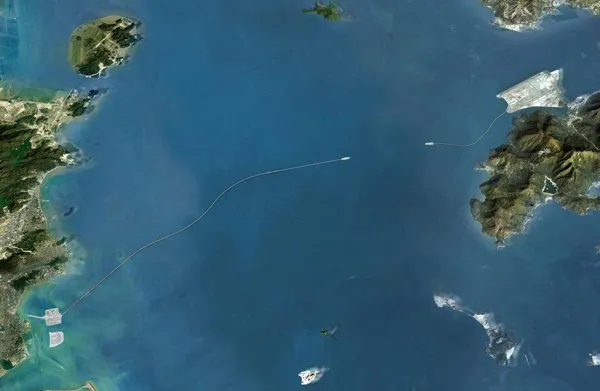In Indonesia the country’s government intends to speed up preparations for the massive Trans Sumatra tollroad project. This 2,700km highway link is costing close to US$30 billion and much of the work will be carried out by the state-owned contractor, Hutama Kaya. Construction will commence in late-September 2013 and the project is scheduled to be fully open by 2025. This highway will connect all 10 provinces in Sumatra Island through Aceh-Lampung. Phase one of the project is for the construction of four sec
July 22, 2013
Read time: 2 mins
In Indonesia the country’s government intends to speed up preparations for the massive Trans Sumatra tollroad project. This 2,700km highway link is costing close to US$30 billion and much of the work will be carried out by the state-owned contractor, Hutama Kaya. Construction will commence in late-September 2013 and the project is scheduled to be fully open by 2025. This highway will connect all 10 provinces in Sumatra Island through Aceh-Lampung. Phase one of the project is for the construction of four sections with a total length of 324km. These are 17km Medan-Binjai stretch where work will commence first, the 135km Pekan Baru-Dumai section, a 22km stretch from Indralaya-Palembang and a 150km section from Bakauhemi-Terbanggi Besar. However, the 1065 Indonesian Government has said that it may cancel any existing toll road concession deals for sections of the highway as this is a government run project. Work is now starting on the delayed Musi II Bridge project at Palembang in South Sumatra and which will be an important connection for the tollroad. The project calls for a 1.2km bridge to be constructed across the Musi River, as well as a 24km link road. The new bridge will reduce problems of traffic congestion on the existing Ampera Bridge over the Musi River and the project will be financed by a loan worth $400 million from China. Meanwhile Lintas Marga Sedaya (LMS) hopes to complete work on the delayed 116km Cikampek-Palimanan (Cipali) tollroad in Indonesia's West Java by 2015. The Cipali project is part of the Trans-Java network, which consists of 22 tollroads.






